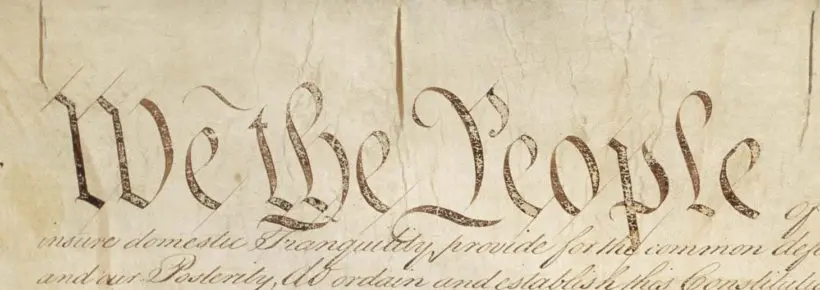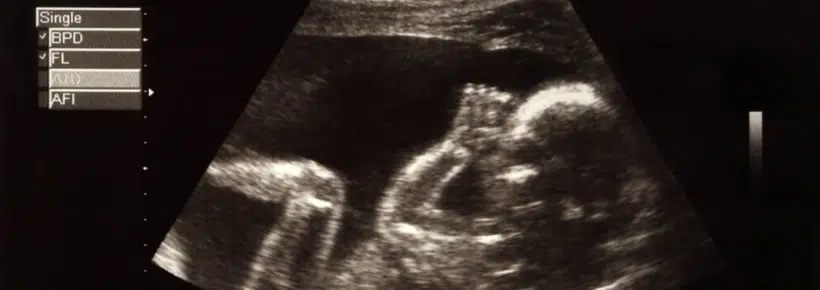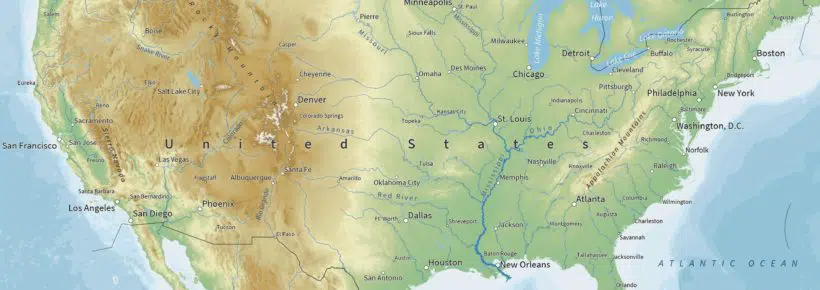Have you heard of the “pandemic treaty,” drafted by the World Health Organization (WHO), that will threaten national sovereignty? Probably not. It’s not something that mainstream media outlets are covering. And yet, it’s being discussed and voted on this week!
This treaty, known as “WHO CA+“, is currently a proposal. It is being drafted by the Intergovernmental Negotiating Body (INB) of the WHO.
What is the purpose of such a treaty? After the COVID-19 pandemic sent the world in a panic, the treaty’s goal is to establish a comprehensive framework among nations across the world for handling future pandemics. This includes establishing methods of prevention, preparedness, and response and recovery. Of course, the treaty sets the WHO as the head in this new global health governance.
As attorney and HLI affiliate, Luis Martinez, explains, “Global health governance refers to the collective efforts and mechanisms put in place to address global health issues and ensure effective coordination, cooperation, and regulation at the international level. It involves various actors, including governments, international organizations, non-governmental organizations, private sector entities and civil society, working together to promote and protect global health, but governed by the WHO guidelines.”
Where Did This Treaty Come From?
In 2021, the WHO’s Health Assembly established the Intergovernmental Negotiating Body to draft a treaty that would establish pandemic prevention, preparedness and response throughout the world. This Negotiating Body received input from member states and stakeholders, held regional consultations and informal and focused consultations, two rounds of public hearings, and briefings. By the ninth meeting of the WHO Negotiating Body, which took place between April 29 and May 10 of this year, it’s said that they had already concluded discussions on the agreement with the hope that the treaty would officially be passed at the 77th World Health Assembly this week.

“World Health Organization Executive Board Room” by Thorkild Tylleskar is licensed under CC BY-SA 3.0 Deed.
Martinez explains that, if approved, two things can happen. Either the treaty will be signed by those already present, or they would agree to sign at a later date. However, he expects that it will be adopted and signed this week.
Implications of Global Health Governance
While proponents of this treaty may try to convince others that it will be to the benefit of all, Martinez outlines several concerns with this structure in its principles and implications.
WHO-Centric Approach
While this initiative would provide a way for nations to collaborate and develop strategies on fighting infectious diseases and pandemics, the decisions would be centralized and led by one entity – the WHO. It would also give the WHO the power (and the incentive) to declare a pandemic and exercise powers to have a say in each nation’s domestic policies and procedures. It will also require signatory nations to release information to the WHO.
Martinez warns that the treaty “…implies the obligation of nations to share information, resources, and expertise with the WHO during outbreaks and crises, under the guise of a coordinated and effective response.” This easily becomes a breach of sovereignty and privacy on the part of the WHO, which is overstepping the boundaries of international law. The treaty claims that its structure will advance health equity and social justice by addressing the gaps and ensuring healthcare for everyone. However, this threatens the sovereignty of nations with regards to research, science, and technology, as it pressures nations to make these endeavors transparent for the benefit of the WHO.
Global health governance is a major concern for Martinez. He explains that this governance establishes methods of monitoring, evaluation, and reporting on progress made towards global health goals. Should a nation not comply with the demands of the WHO, global health governance implies loss of autonomy in decision-making and potentially sanctions or limitations on allocations of resources by the World Bank or the IMF.
Multilateral Cooperation
While creating a platform for nations to meet, negotiate, and build consensuses may sound noble, the effects of such a structure are anything but. This would put pressure on nations regarding their decision-making, and it would take away each nation’s autonomy and power to decide how to respond to a pandemic and which policies to enact in their nation.
Policy Coherence
And the WHO’s influence is not limited to the health sector, according to this treaty. It implies that the WHO will be able to influence policies across various sectors, like the economic sector, trade, the environment, social development, and so forth, under the guise that these sectors are essential for public health.
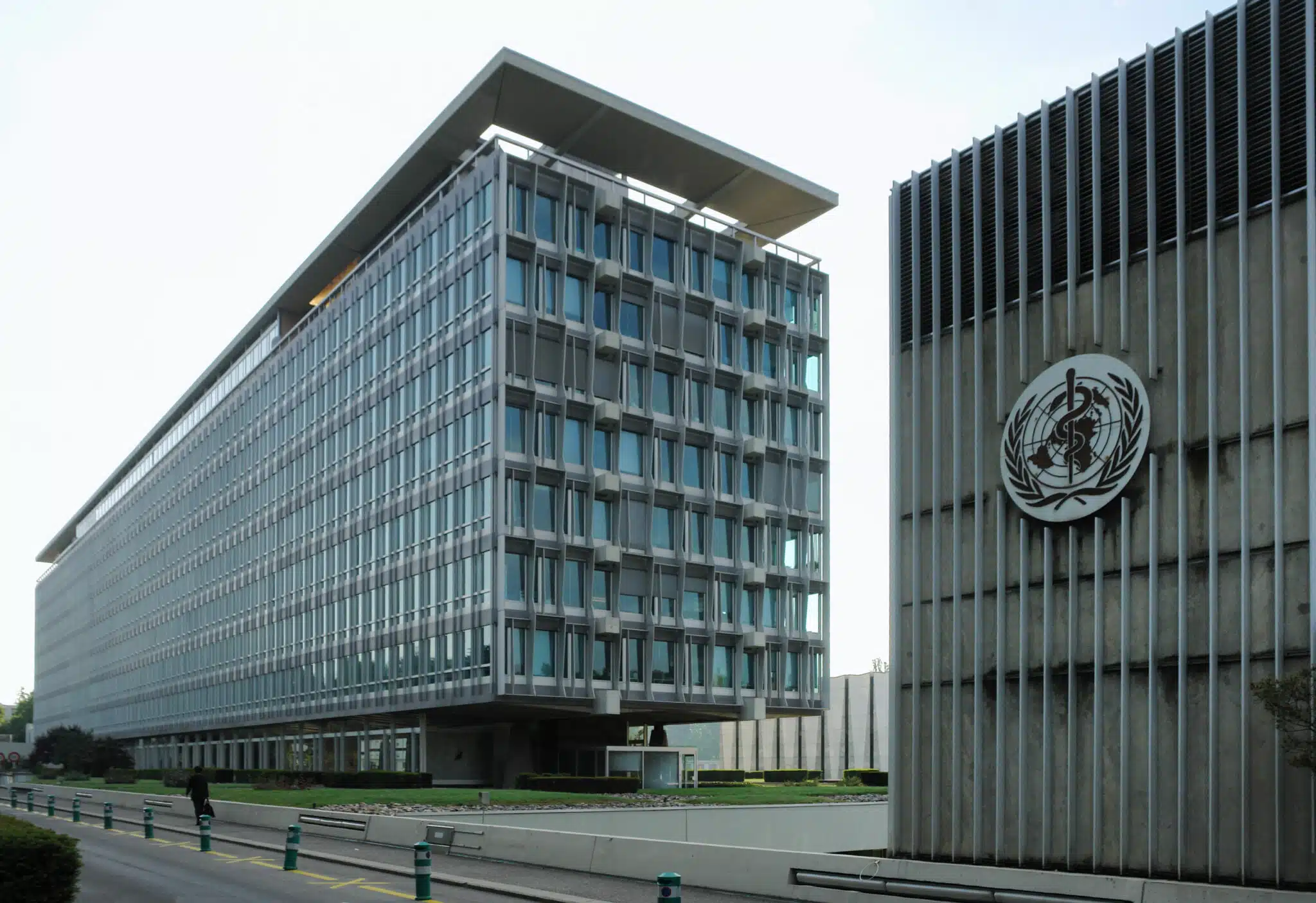
“World Health Organisation headquarters, Geneva, north and west sides” by Yann Forget is licensed under the CC Attribution-Share Alike 3.0 Unported License.
What does the Treaty Require of Signatory Nations?
Nations may be required to establish certain response and prevention measures in policies and strategies. This could involve strengthening health infrastructures and ensuring access to vaccines. However, this could also involve using surveillance. But the greatest danger, Martinez explains, is that in all of these processes, an international body (e.g., the WHO) is given the power to meddle in domestic affairs. According to our affiliate in Uganda, Fr. Opio, the WHO has come under fire for allegedly supporting LGBT issues, abortion, teen sexual rights and masturbation, along with other problematic issues, especially in Africa. It is not a stretch, then, to worry that the WHO would push for comprehensive sex education and sexual “rights” in signatory nations.
Nations would also be required to submit relevant data, such as research, epidemiological data, and surveillance information. This would not only create unfair competition, but it could also be an issue of domestic security.
Signatory states may also be asked to provide resources, financial and otherwise, to support this global health governance. Finally, these states would likely be expected to comply and report on progress made, being subject to evaluations by the treaty’s governing body. This would exert undue pressure on states, making them subject to an international governing body and bringing the issue of sovereignty to the forefront. Should nations not comply, sanctions are possible. And because the treaty is aiming to establish the WHO as the global health leader and requires nations to be subject to it, the WHO would be overstepping its role as an international organization.
When is This Expected to Take Effect?
The 77th World Health Assembly is happening this week in Geneva, Switzerland. The sessions can be livestreamed from this link.
According to Martinez, the WHO’s pandemic treaty is contained in item 8-13.4 (Committee A) of the agenda. If the final draft is approved, a date will be set for the official signing. If the treaty receives 2/3rds votes from the 194 member states, the treaty will pass.
This Treaty is Being Pushed…and It Will Have Devastating Effects on Catholics
According to Fr. Opio, many organizations are pushing for this treaty in Uganda, such as the WHO itself, the Bill and Melinda Gates Foundation, UNFPA (and all UN agencies), Marie Stopes International, and the International Planned Parenthood Federation, along with several others. Fr. Opio says that these organizations are also funding WHO operations in Uganda. Because of this, the actual voices of Ugandans are drowned out in favor the interests of these organizations.
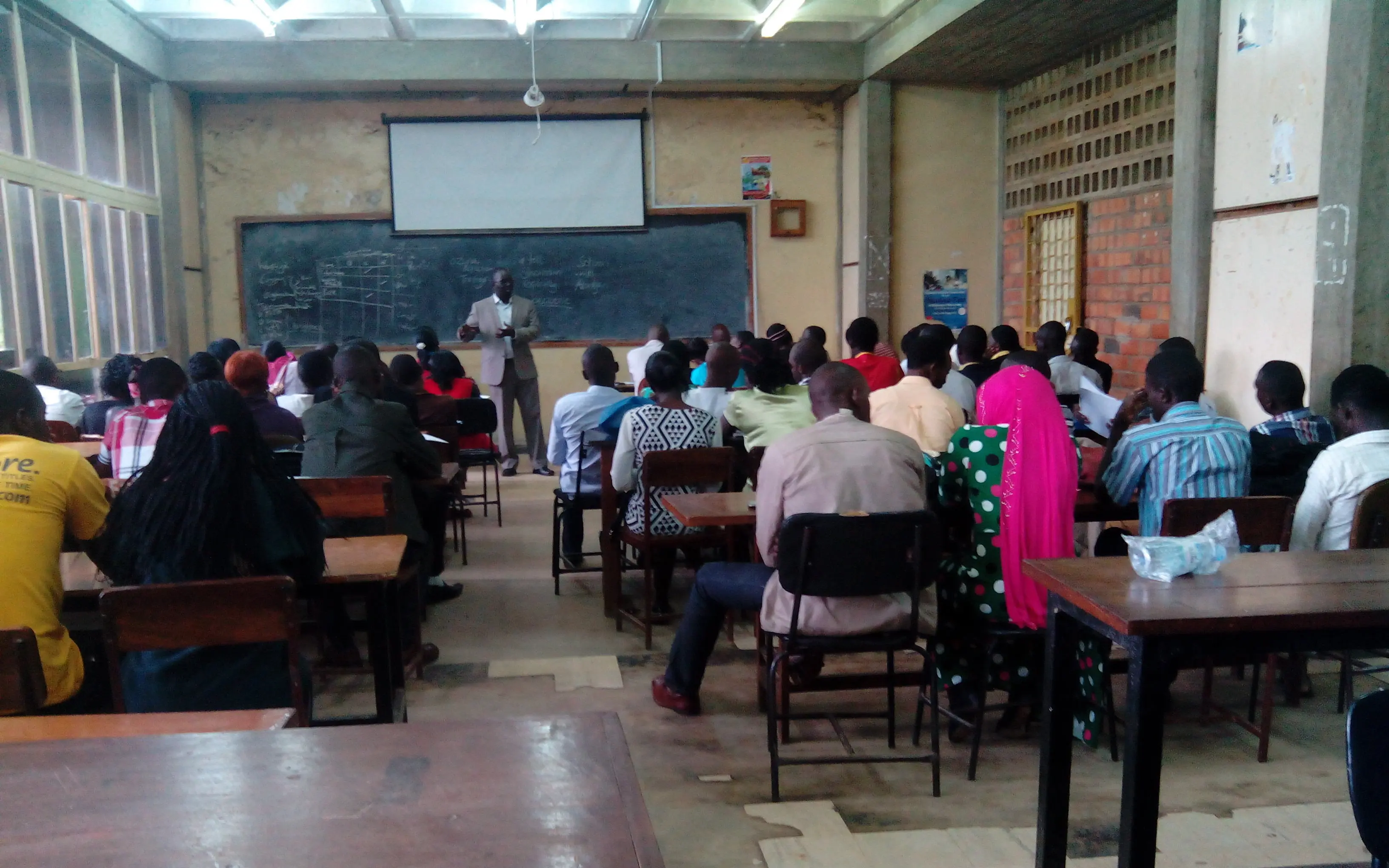
Father Opio of HLI Uganda trains pro-life coordinators.
Fr. Opio also expresses his great concern for the effects the treaty will have on Catholic life in Uganda. He explains that the treaty would allow the WHO to declare a public health emergency of international concern in any and all nations. With this declaration, they are then able to exert power over those countries, as outlined above.
For Catholics, this is a great concern, as the treaty promotes abortion, contraception, and LGBT issues. Those who dissent face potential repercussions.
The treaty, as Fr. Opio explains, would also pave the way for the WHO to take control of every jurisdiction under the pretext that multiple sectors or jurisdictions are central to public health. Because the power and messaging regarding health concerns would be centralized, nations would also have to push the singular “correct” narrative, and through the treaty, the WHO could push for mandatory lockdowns and vaccinations.
This, as Fr. Opio explains, is “…a smooth road to a one-world government.” He has concerns, as well, that the practical impact of this treaty on school children would be children being tricked into using contraception, mass vaccination without parental consent, and LGBT indoctrination in schools. Given what the organizations who fund the WHO’s activities in Uganda also support (such as contraception and abortion worldwide and LGBT messaging), this is not a surprise.
Fr. Opio urges those in pastoral positions, deacons, religious, priests, and bishops to speak out more than ever against this horrible treaty. He also calls upon Uganda and other African nations to refrain from voting and upon the African Union to halt the process of enacting the treaty.
Please pray that this treaty will not pass!
Related Content
Marisa Cantu has a master's in political science and international affairs and a bachelor's in political science. She has also studied international studies and French. She has a strong background in nonprofit work, research, writing, and policy proposal and analysis.


